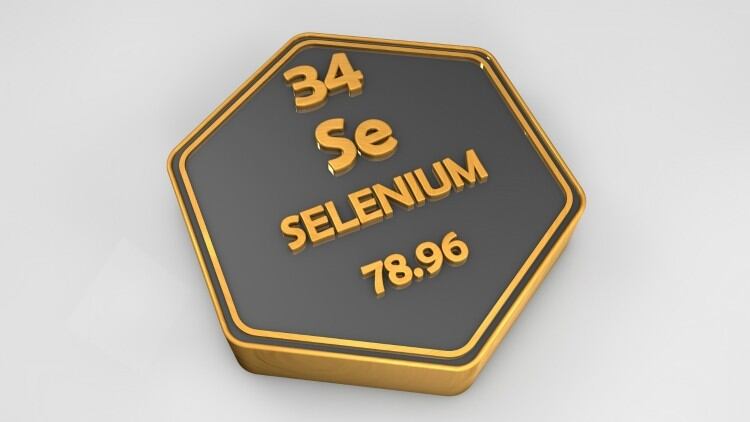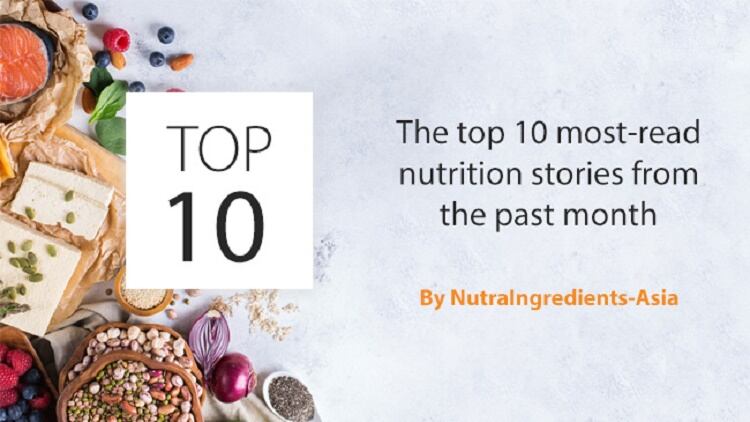DSM reduces vitamin C production in China amid economic uncertainties, weakened demand
DSM has reduced the production of its vitamin C in its factory at Jiangshan, China, as a string of factors, including economic uncertainties, inflation, and weakened demand has cause existing output at the current pricing to become unsustainable.
The reduction is said to be a major one and the facility is now running at the “minimum level which is technically possible” so that the plant could resume to a higher production rate when the time comes.
Production will be reduced for about six to eight weeks, and the Dutch MNC said it would re-evaluate a ramp up of the production next year after Chinese New Year.
‘China-centric approach’: Melrose CEO outlines new distribution and product strategies for key market
Australia health foods company Melrose Health Group is aiming for bigger gains in China with a fresh market strategy and new product pipeline.
CEO Nathan Cheong told NutraIngredients-Asia that the company would be revamping the way it distributed its products in China.
For instance, it has planned for a Melrose flagship store on Tmall, on top of operating via Taobao, Kaola, VIP, and the bricks-and-mortar channels.
Plant-based proteins boost muscle mass in elderly Chinese population – new study
Plant-based protein consumption could contribute to better muscle health among the elderly population in China, although overall protein-intake recommendations are inadequate in counteracting muscle loss, say researchers.
Researchers in China have conducted a cross-sectional study to investigate how different amounts and sources of protein consumption affect muscle mass in older Chinese adults.
They did this using data from the China Health and Nutrition Survey (CHNS) 2018, which included 4,826 participants from 15 provinces, who are aged 60 years and above.
Calcium innovation: Junlebao’s new adult powder aims to improve bio-accessibility and bioavailability
China dairy firm Junlebao has launched a new milk powder targeted at supporting calcium absorption in middle and old-aged consumers and hopes to rejuvenate the well-established category by improving bio-accessibility and bioavailability.
Known as Le Gai (乐钙), the milk formula is said to contain twice as much calcium as the usual whole milk powder with 1,200mg of calcium per 100g of milk powder.
Celia Ning, director of the Nutrition Research Institute at Junlebao, told NutraIngredients-Asia that the product was designed to more effectively increase calcium uptake among Chinese seniors.
Healthy longevity: Accessible diagnostics and integrated data tools two key challenges – China-based expert
More accessible diagnostics and tools that integrate data from the various body clocks are two key challenges that experts seeking to optimise health span, as well as life span, need to overcome, says a China-based pioneer in the field.
This is the view of Dr Evelyne Yehudit Bischof, professor at Shanghai University of Medicine and Health Sciences.
“I think the thing that will help us the most is the measurement of the pace of ageing. That is ultimately what we want to know. For example, two years later, would I become five years older biologically, what’s happening to me, why would this happen, and how can I make it [biological ageing] slower,” she said.





